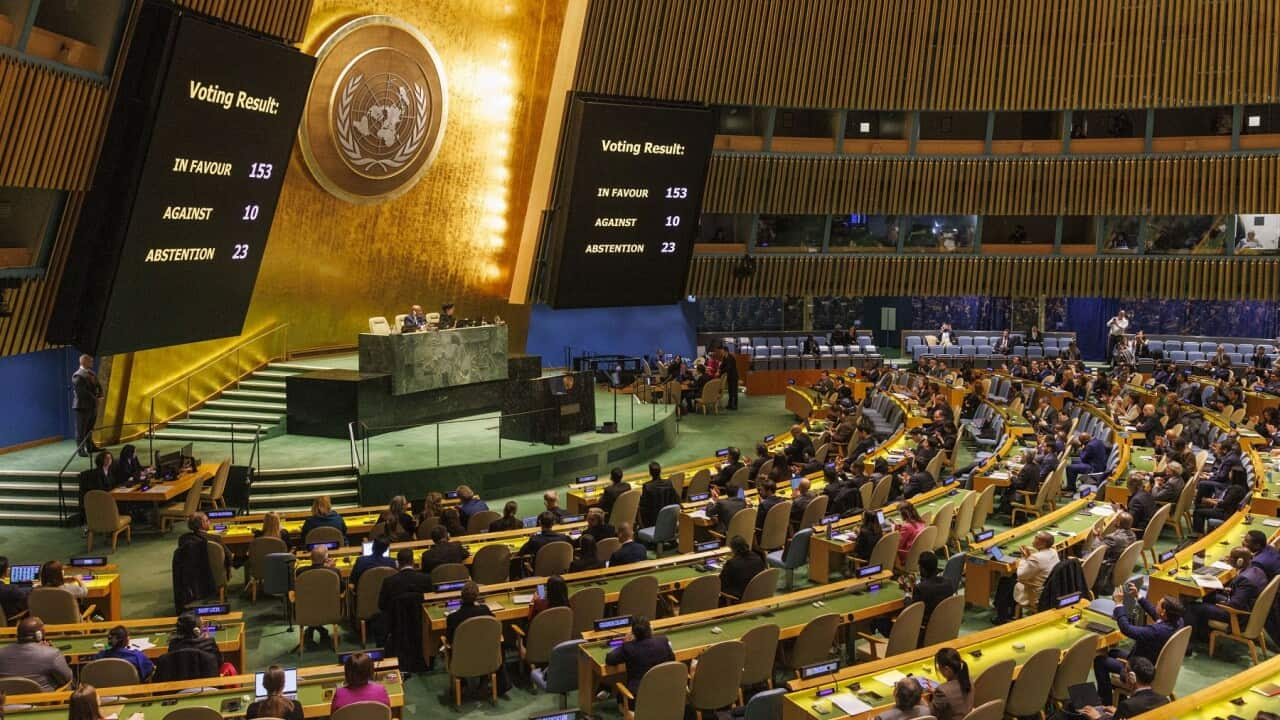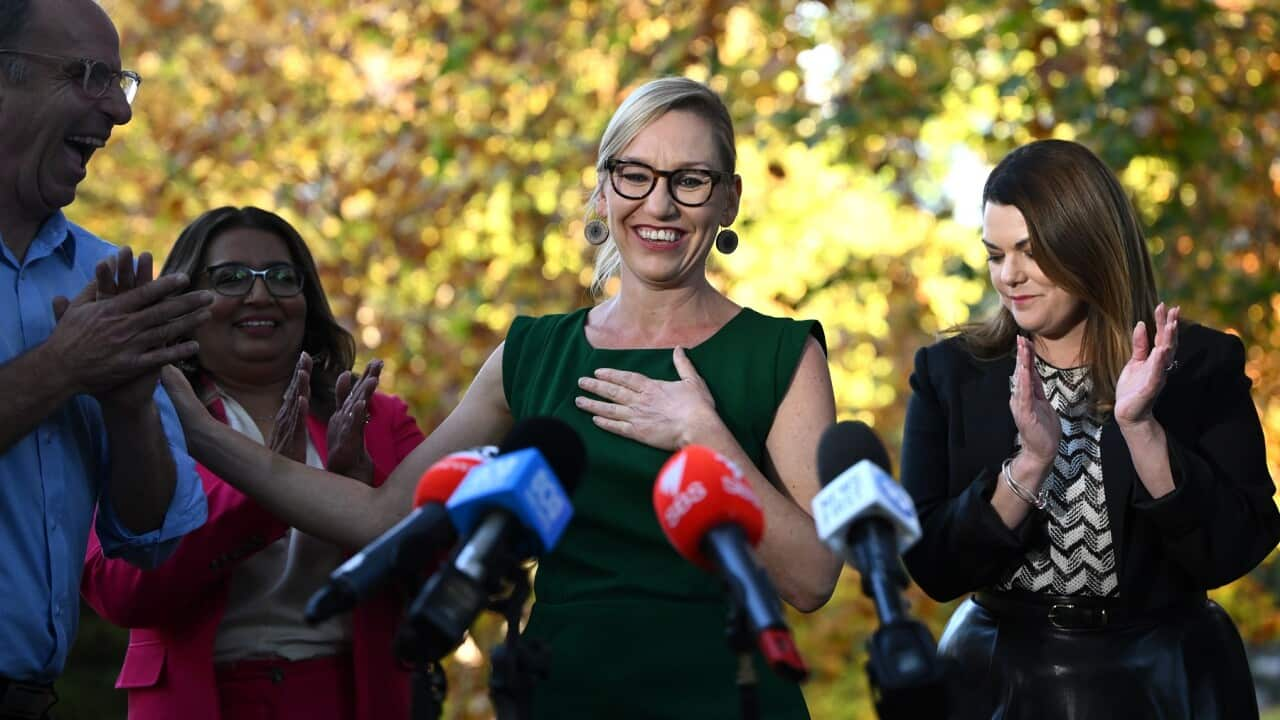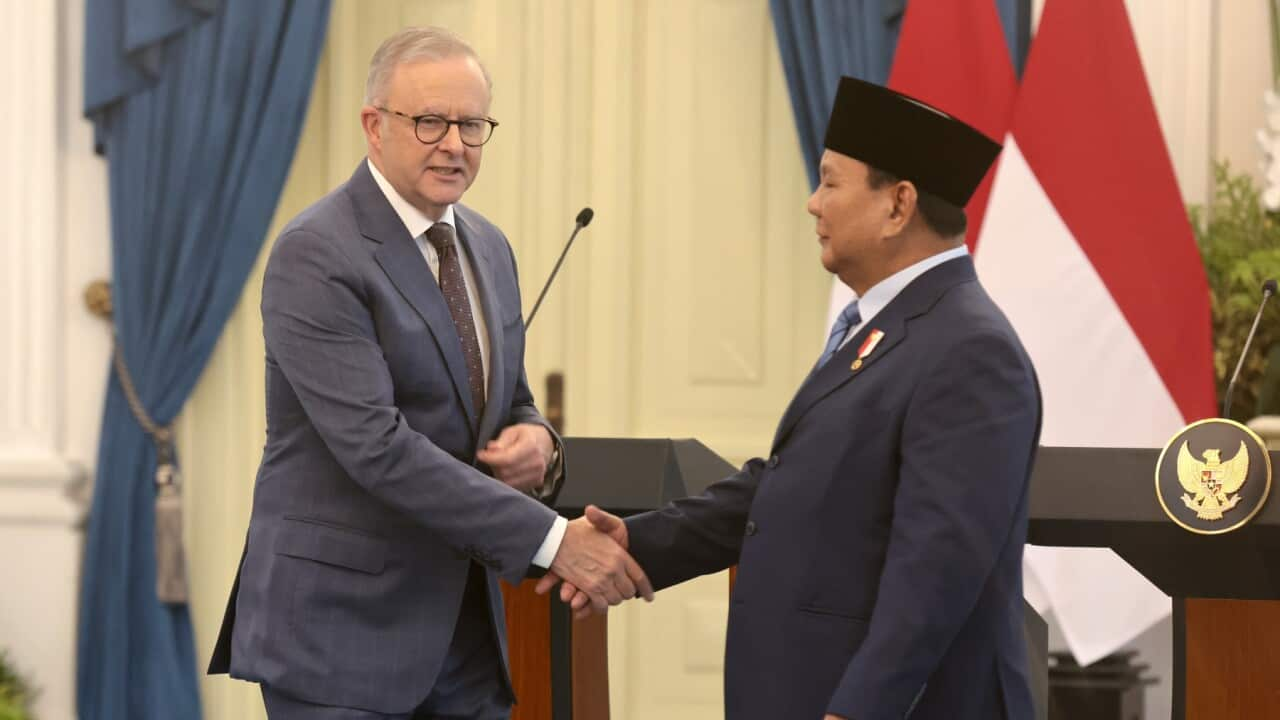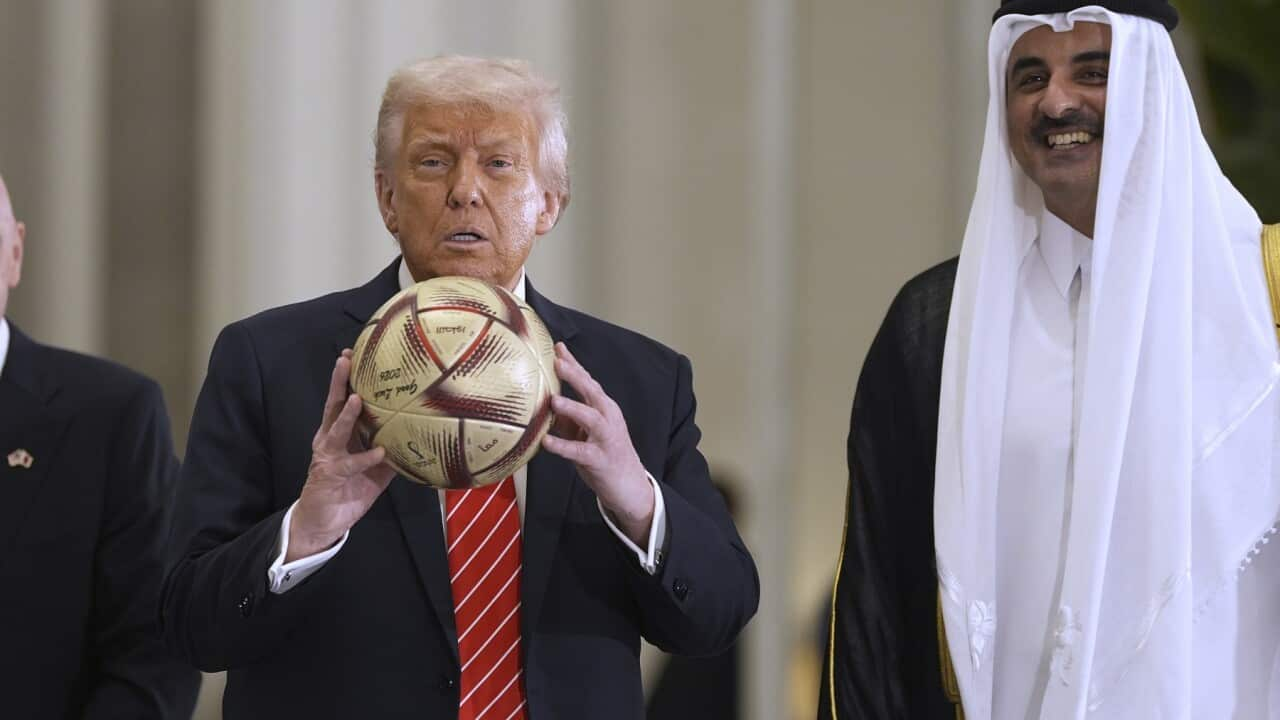TRANSCRIPT
The United Nations General Assembly voted to demand a humanitarian cease-fire in Gaza.
The vote in the 193-member world body was 153 in favor, 10 against and 23 abstentions.
Dennis Francis, the President of the United Nations General Assembly, comments:
“Right now, what we are seeing is an onslaught on civilians, the breakdown of humanitarian systems, and profound disrespect for both international law and international humanitarian law. As I said before, even war has rules.”
The United States, Israel, and eight other countries voted against. Australia, however, voted in favour.
This comes after Prime Minister Anthony Albanese, Canadian Prime Minister Justin Trudeau and New Zealand Prime Minister Christopher Luxon issued a joint statement supporting a pause in the fighting in Gaza and efforts towards a sustainable ceasefire. It's very unusual for an Australian Prime Minister to issue a joint communique with other world leaders.
Australia abstained during a previous UN vote in late October because the resolution did not recognise the responsibility of Hamas for the October 7 attack against Israel. Today's resolution also makes no mention of Hamas, who killed about 1,200 people and abducted about 240 in the surprise attack.
The United States had proposed an amendment condemning Hamas, and Austria proposed an amendment asking for the immediate release of Israeli hostages, but both were voted down.
The support was higher than for another resolution in late October that called for a “humanitarian truce” leading to a cessation of hostilities, where the vote was 120-14 with 45 abstentions.
Such votes are not binding but highly symbolic and could be seen as a sign of growing isolation of Israel and the United States.
US leaders themselves are also showing signs of a change in tone. At a fundraising event on Tuesday, President Joe Biden said Israel is starting to lose international support because of its actions in Gaza.
At a White House reception for the Jewish Hanukkah festival, Mr Biden talked about his relationship with Israeli Prime Minister Benjamin Netanyahu, known colloquially by the nickname "Bibi":
“I make no bones about it, I have had my differences with some Israeli leadership. I have known Bibi now for 51 years. He has a picture on his desk of he and I when he was a young member of the Israeli service here, the foreign service, and I was a 32-year old senator. And I wrote on the top of it, Bibi, I love you, but I don't agree with a damn thing you have to say. It's about the same thing today.”
Just before the event, members of the Jewish Voice for Peace chained themselves to the White House gates, urging President Joe Biden to support a permanent ceasefire in Gaza.
They read out the names from the oldest to the youngest of the more than 17,000 Palestinians killed in Gaza, and chanted in protest against Israel's actions.
“Ceasefire now, stop the genocide!”
Meanwhile, footage of Israeli soldiers in Gaza shows some of them destroying plastic figurines in a toy store or trying to burn food and water supplies.
The Israeli army already has pledged to take disciplinary action in what it says are a handful of isolated cases, as declared by the military's spokesman, rear Admiral Daniel Hagari:
“I want to address the documentation published in recent days in the media. The IDF forces operate according to the values and spirit of the IDF. Soldiers on the battlefield are required to act professionally and ethically, and we will not compromise on this. In any event that does not align with IDF values, command and disciplinary steps will be taken - this is the way in the IDF.”
Israel also claims it recovered the lifeless bodies of two hostages in Gaza, two men aged 27 and 36.













